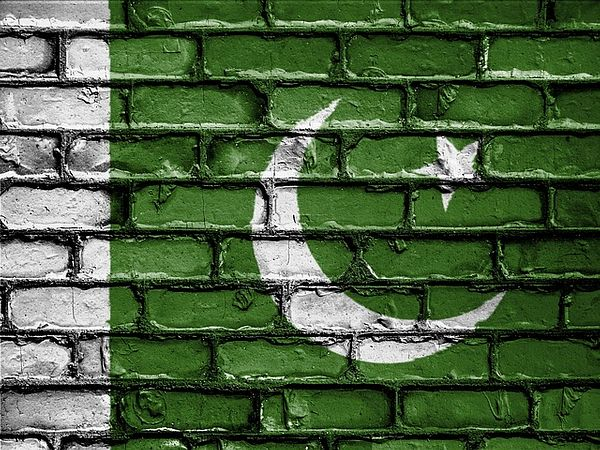Pakistani Parliament Debates Whether to Expel French Envoy

A lawmaker from Pakistan’s ruling party Tuesday kicked off a debate on whether the French ambassador should be expelled over the publication in France of controversial cartoons depicting Islam’s Prophet Muhammad.
The resolution from Amjad Ali, a lawmaker from the ruling party, Pakistan Tehreek-e-Insaf, was seen as a test of whether the government gives in to threats from radical Islamists. It came hours after the country’s interior minister announced success in his talks with an outlawed hard-line Islamist group Tehreek-e-Labaik Pakistan.
It also came after 10 people, including four police officers, were killed in protests that erupted April 12 after the arrest of Saad Rizvi, the leader of the Tehreek-e-Labaik. Rizvi had threatened the government with mass protests if the French envoy was not expelled.
Earlier on Tuesday, Interior Minister Sheikh Rashid Ahmad said that under the parliamentary resolution, criminal cases against Islamists involved in the deadly anti-France protests would be withdrawn. However, there was no mention of the release of Rizvi or his supporters in the resolution.
Asad Qaiser, speaker of the National Assembly, adjourned the session amid heated debate until Friday, asking the government to address opposition concerns about the wording of the resolution.
The tensions originated last year when France’s president defended as a freedom of speech issue the publication of caricatures of Islam’s Prophet Muhammad by a satirical newspaper, drawing condemnation from across the Muslim world.
Tehreek-e-Labaik Pakistan members also are protesting the arrest of Rizvi, a cleric who emerged as the leader of the group in November after the sudden death of his father, Khadim Hussein Rizvi.
Rizvi and his party want the French ambassador expelled under an agreement between the government and Rizvi’s party in February.
The government has said it only committed to discussing the matter in Parliament before April 20, when Ahmad said a resolution would be moved in the National Assembly, the lower house of Parliament.
Rizvi’s supporters took to streets across the country last week when police arrested him. The reaction from Rizvi’s supporters against his arrest was so swift that violence quickly spread across the country. Four police officers and at least six demonstrators were killed in the violence.
